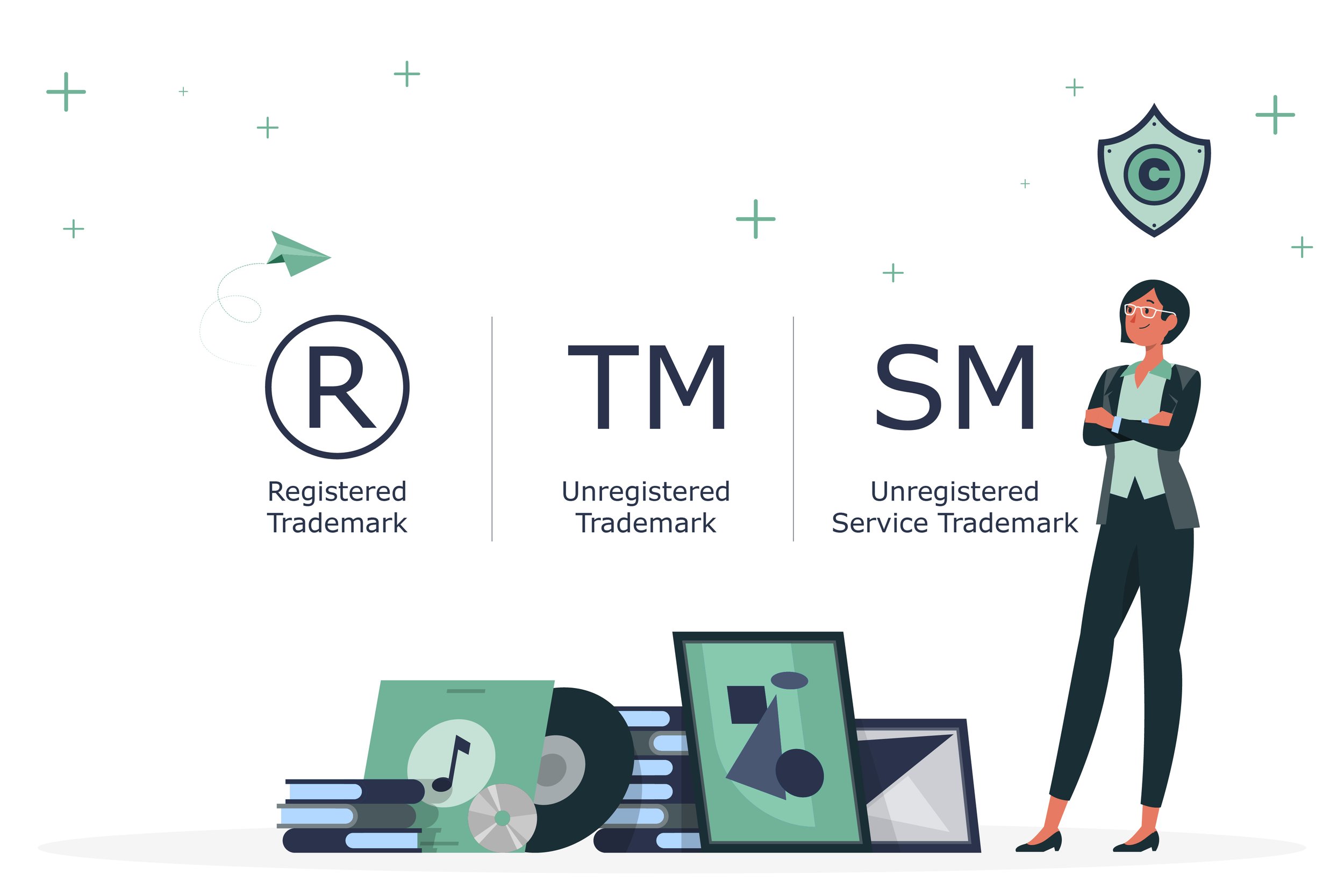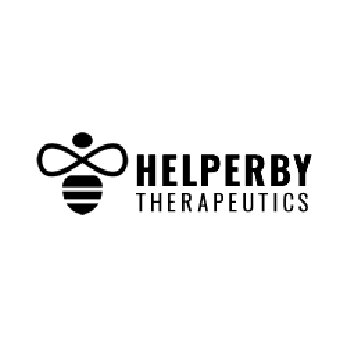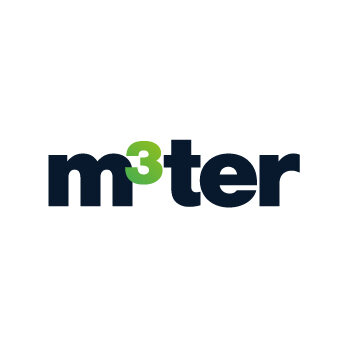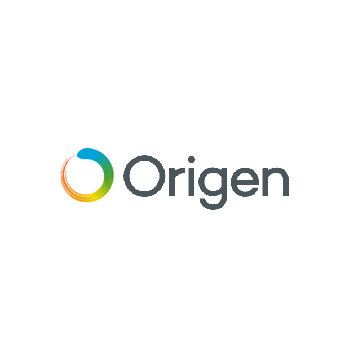Specialist Intellectual Property (IP) Solicitors for Startups and SMEs
The foundational value that many startups are built upon is their IP. Our expert IP solicitors in London help future-proof that value by insuring robust IP provisions are included in employment and subcontractor agreements, commercial contracts and through appropriate trade mark and patent protection to give founders peace of mind.
As a specialist IP advisor, we have expertise around:
IP Audits
IP Contracts
IP Disputes
Trade Marks
Copyright
Brand Protection
For an initial discussion of how we may be able to help, please book an appointment with our Intellectual Property team now.
Alternatively call us on 02076860000 or send your enquiry to ask@dragonargent.com
TRUSTED BY FOUNDERS, STARTUPS & SMEs
Brand, reputation and intellectual property (IP) affect every business. Dragon Argent’s intellectual property lawyers can help you manage the risks involved and protect your IP.
Our intellectual property lawyer in London helps individuals and businesses properly register, protect, and manage their IP assets through various non-contentious (e.g. registering a right) and contentious (e.g. fighting an infringement) work. This is vital for ensuring owners of IP maximise the commercial value of their work.
Meet our IP Specialists
Head of Litigation, IP & Art Law
Litigation, IP & Art Law Solicitor
WHAT MAKES OUR INTELLECTUAL PROPERTY SERVICES SO VALUABLE FOR CLIENTS?
Intellectual Property Audit
A thorough review to help you identify your IP risks and opportunities and maximise commercial value.
Protecting Brands and Product Designs
We can help you work out what to protect and apply for registered trademarks or registered design protection if appropriate. We’ll then address any objections to help ensure that you get the protection you need.
Commercialise Intellectual Property
We can help you to buy or sell the right to brands, content, designs, know-how, inventions, and other creative output. You can either transfer full ownership of the IP rights or use a licence to allow use without changing ownership
Patents
We have relationships with patent attorneys who can assess and file patent applications. We’ll work with you and a preferred patent attorney to devise and implement a patent strategy.
Copyrights and Confidential Information Rights
We can advice on how you can qualify for these rights and get the maximum protection for your knowhow or creative output.
Protecting Database Rights
We can help you maximise the protection of your database rights — both legally and in practical terms — while boosting your revenue streams from commercialising your data via licensing or otherwise.
IP Dispute Resolution
We can help you resolve IP disputes quickly, cost-effectively, and on the best achievable terms. We resolve most matters out of court but have the experience and tenacity to minimise risks and ensure optimum outcomes from court proceedings too.
IP Contracts
By understanding your business model and the nature of your intellectual property, we can draft robust, fit for purpose IP contracts that will protect your long terms interests and ringfence the value of your IP.
GOT A QUESTION ABOUT INTELLECTUAL PROPERTY LAW?
Dragon Argent are an experienced IP law firm, based in the heart of central London.
Book a 30 minute call to find out how our specialist IP lawyers can support you and protect your business.
Alternatively call us on 02076860000 or send your enquiry to ask@dragonargent.com
Watch our IP webinar to safeguard your business's intellectual property like Copyrights, Trademarks, and Design.
Frequently Asked Questions
-
Among the most common types of protection for IP are patents, trademarks, copyrights, and industrial designs.
Patents cover new inventions such as processes, machines, manufacturing, composition of matter, or any new and useful improvement of an existing invention.
Trademarks protect words, symbols, or designs (or a combination of these) that distinguish wares or services from others in the marketplace.
Copyrights provide protection for artistic, dramatic, musical, or literary works (including computer programs)
Industrial designs are the visual features of shape, configuration, pattern, or ornament applied to a manufactured article
Others areas of IP law cover trade secrets, integrated circuit topography registrations and plant breeders’ rights. To fully protect your original invention, product, service, or work, you may need to know about the rights and protections associated with more than one type of IP.
[For example, a newly invented machine may need a patent to protect its method of operation, an industrial design registration to cover its construction, and a trademark to stop other businesses from using its unique name in the marketplace. While the invention itself does not qualify for copyright, the machine’s operating manual probably does. Each of these rights exists for different periods and may need to be registered or granted in different countries.
-
There are template IP contracts freely available for a variety of purposes online. However, we strongly advise against using free templates.
Any contract, regardless of whether it focuses on intellectual property or not, should be drafted specifically for the situation and parties it intends to bind.
And given the complexities of intellectual property law, there is a high risk of getting something wrong without the help of an experienced professional. Even the slightest mistake could be extremely costly in the future.
In short, it’s wise to consult a lawyer for drafting or reviewing any IP contracts.
-
There are three main reasons to register a trade mark, which apply to every business. The first is obvious; registering a trade mark allows you to stop third parties from using the same (or similar) name for the same (or similar) goods and services.
Second, going through the trade mark application process is the best way to ensure that your brand name doesn’t infringe on someone else’s registered brand (which can lead to significant legal issues in the future).
Last but certainly not least, a trade mark is a significant commercial asset. It is often the first thing an investor or eventual purchaser of your business will look for as it’s a clear indication that your brand name is more than just “known” and is, in fact, “owned”.
-
If you believe another individual or company is using your trade mark (or something similar), then you should try to collect some evidence, with screenshots and website links being best.
Next, you should speak to a specialist trade mark lawyer. If that’s us, we will assess the details of the case and advise on the best course of action. The aim should always be to end infringement most quickly and cost-effectively.
-
Trade marks protect brand names, logos and slogans. A trade mark is a registered right, meaning that you need to go through an application process to get one. Conversely, copyright protects different works such as extended text, graphic works, illustrations, photographs, software code, music, sculptures and film. Copyright, at least in the UK and EU, isn’t a registered right and instead, it exists as soon as an original work is created.
-
If you believe someone is infringing your IP rights, you should collect as much evidence as you can. Good examples of evidence include screenshots, website links, and photos. In short, anything that captures and demonstrates the infringement. Next, you should speak to an intellectual property lawyer, who can advise whether you have grounds for a complaint and what steps to take next.













